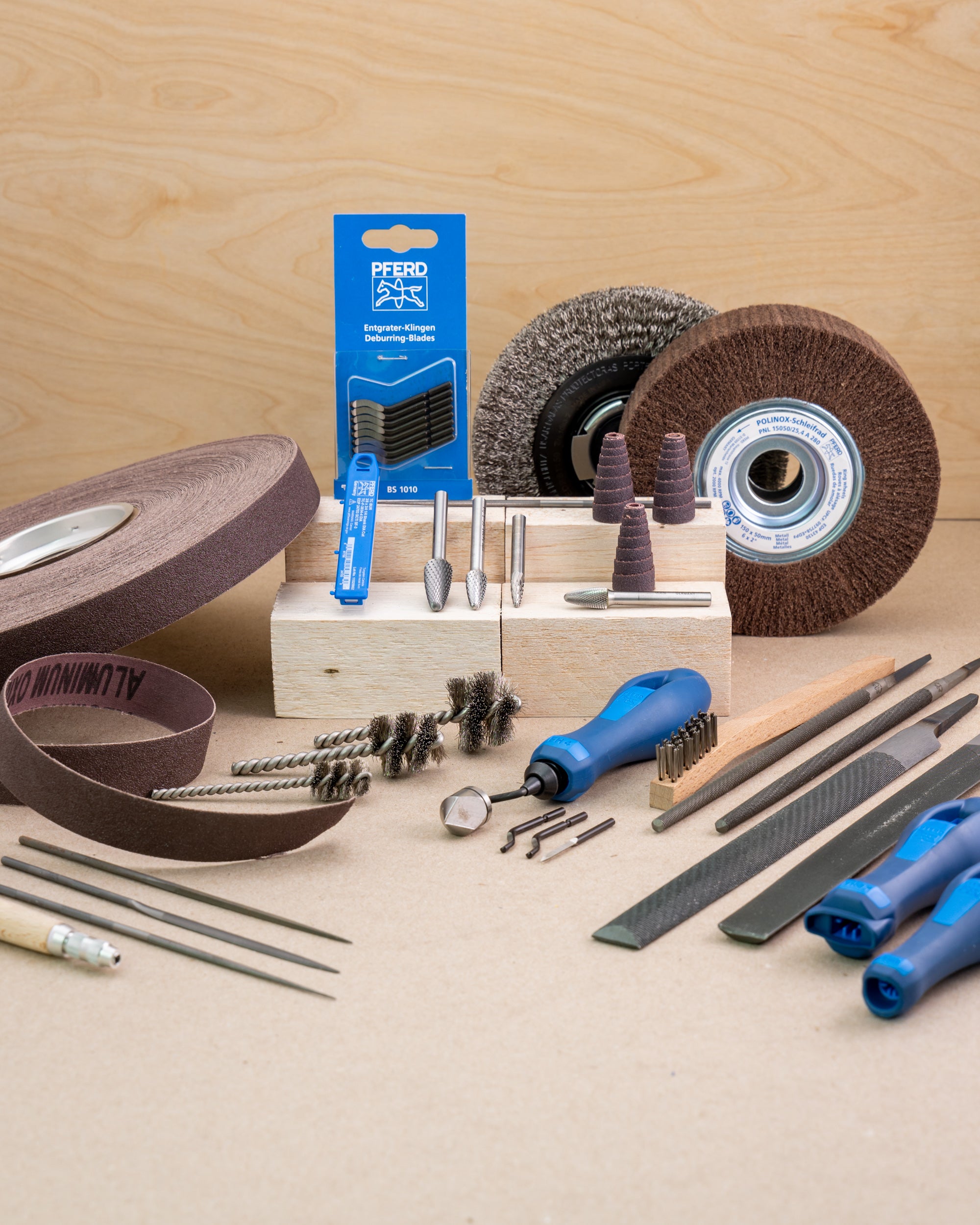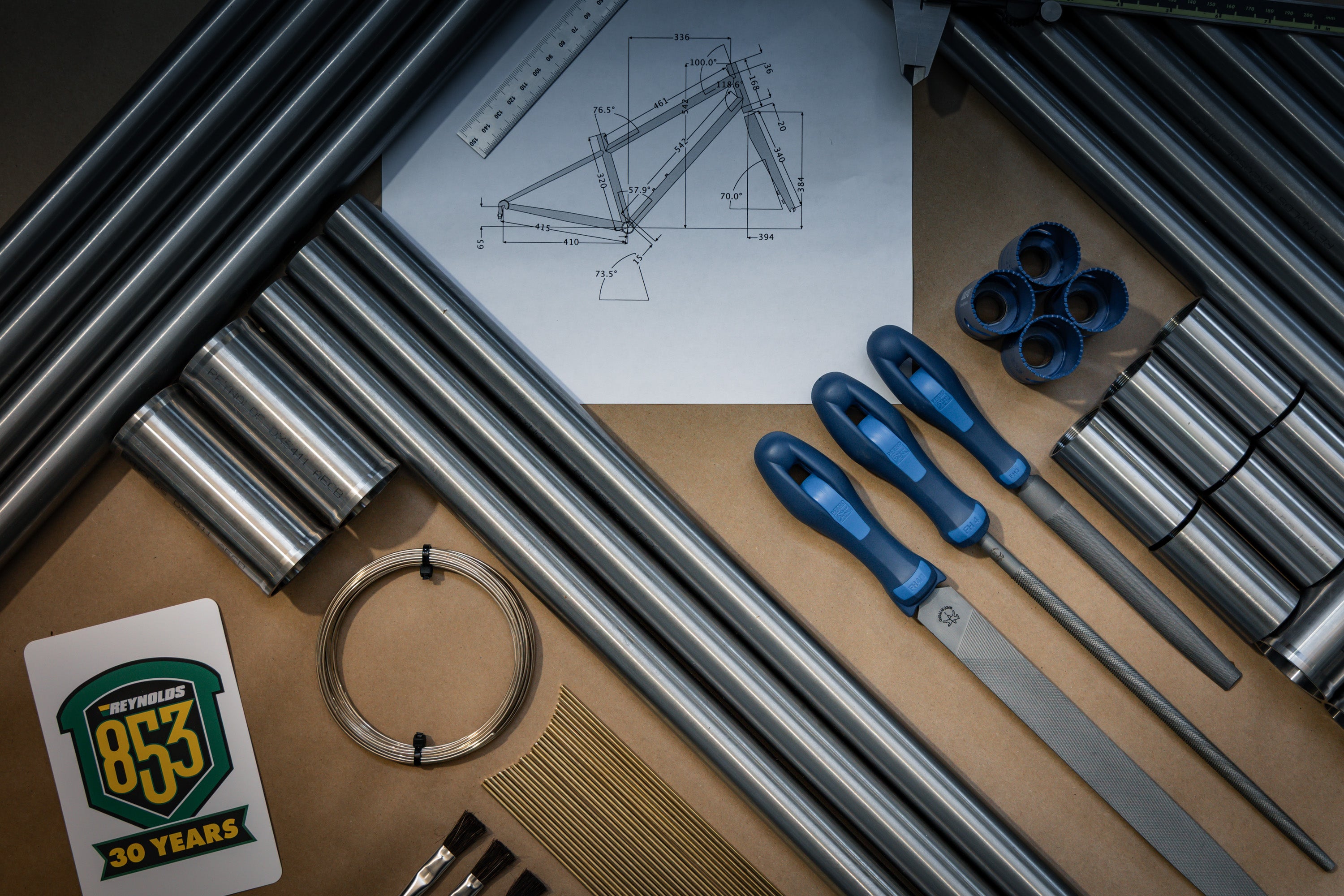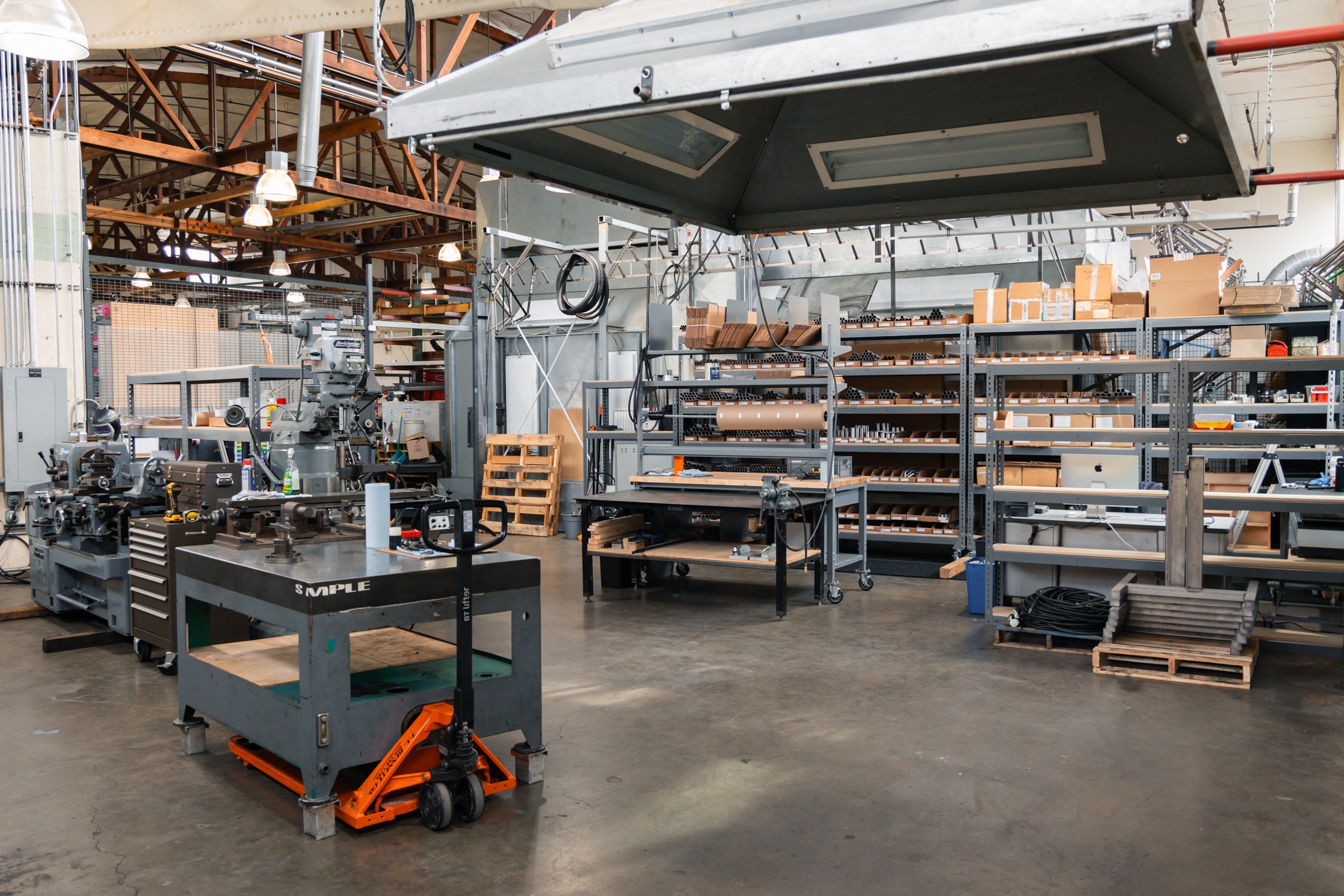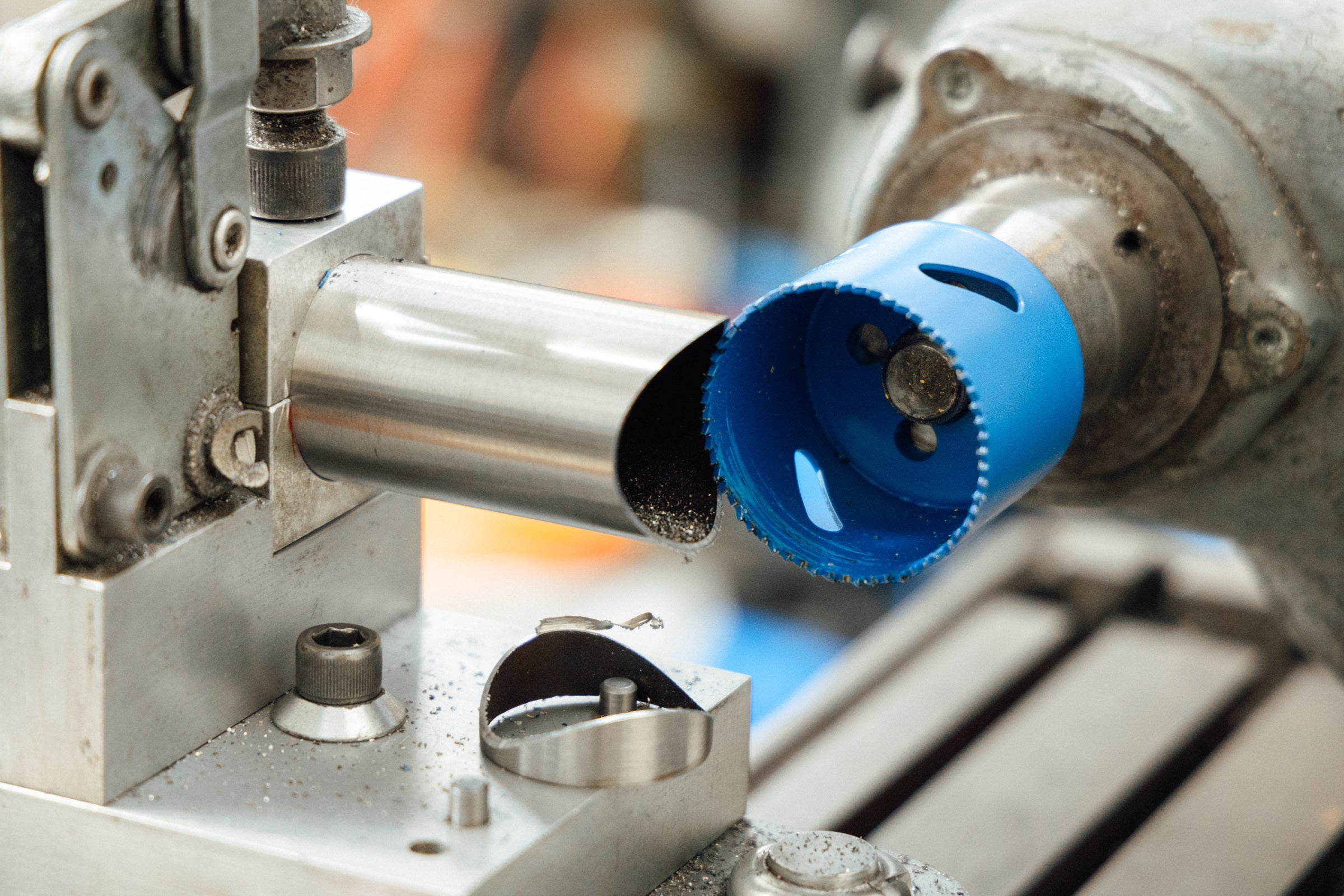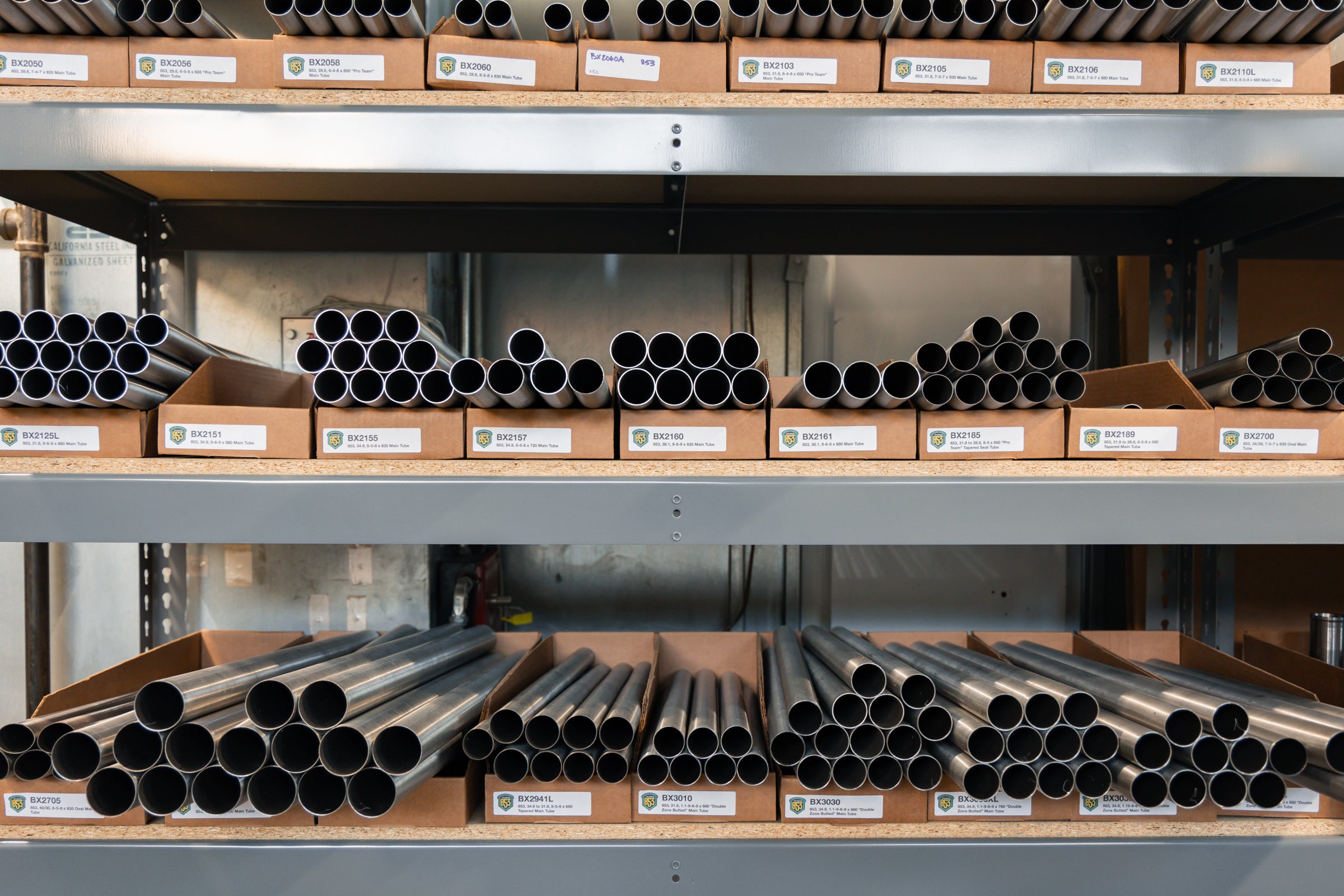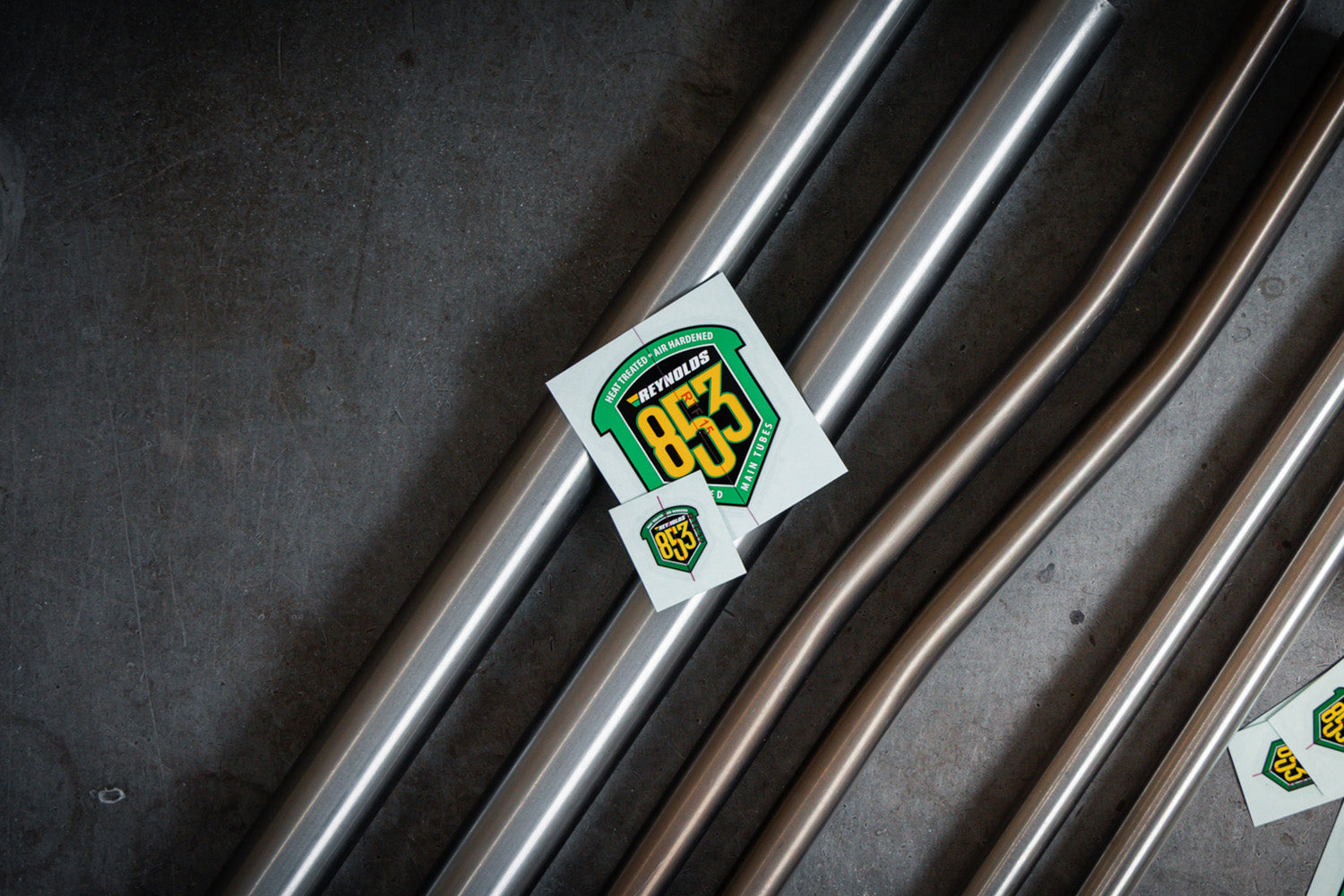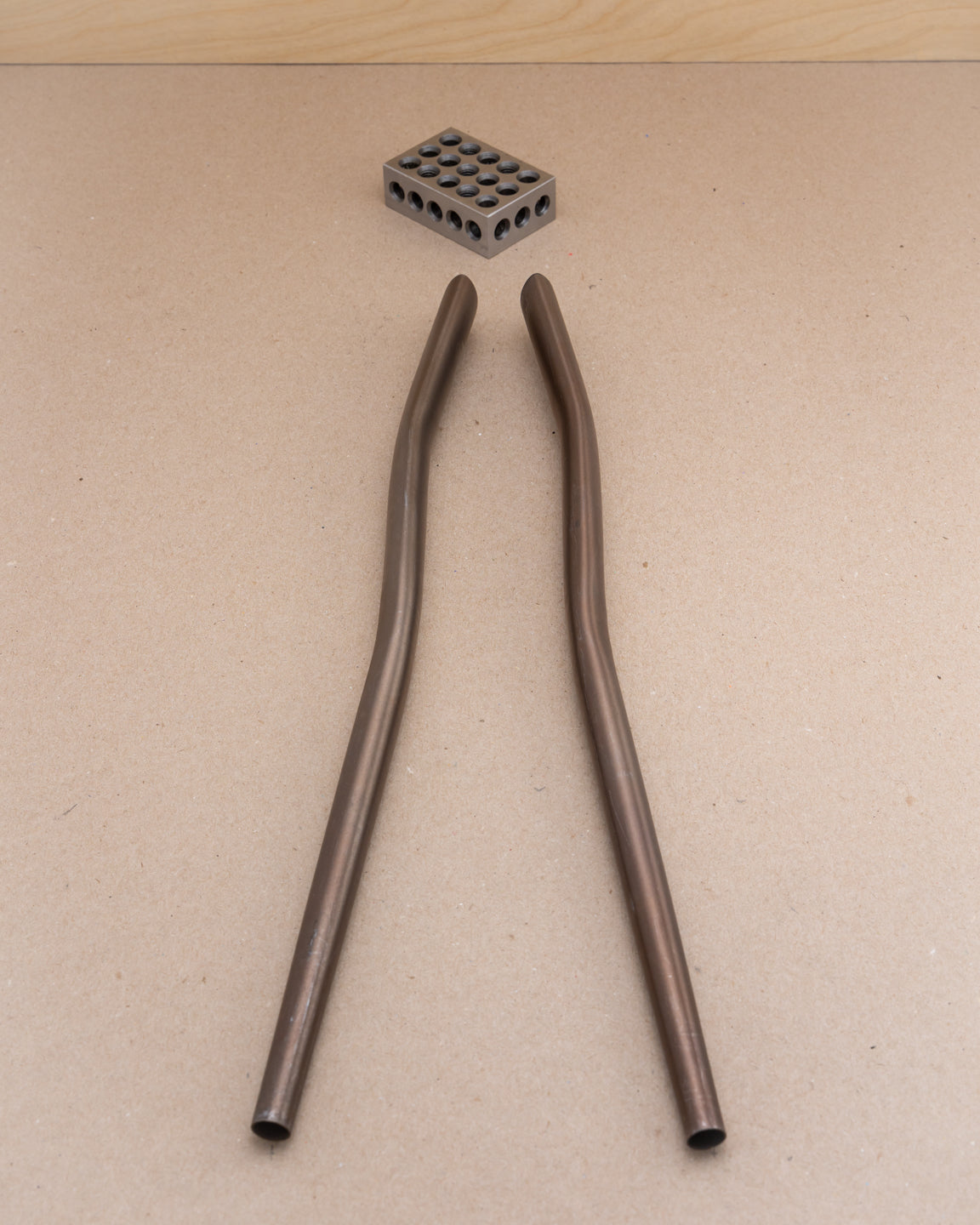Firsthand Framebuilding is proud to be the exclusive distributor for Reynolds bicycle frame tubing in North America. If you're a framebuilder located in the United States, Canada, or Mexico and are building less than ~100 frames per year, we're your spot for all things Reynolds.
Reynolds offers frame tubing and small parts in steel, stainless, and titanium suitable to a variety of frame styles. To the uninitiated, the Reynolds offering and nomenclature can be overwhelming. It is actually very straight forward. Read on for a primer on the current product line-up. And, as always, if you have questions, please reach out!
The current lineup:
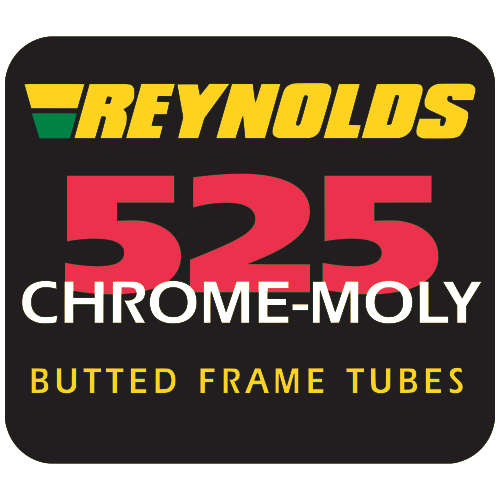
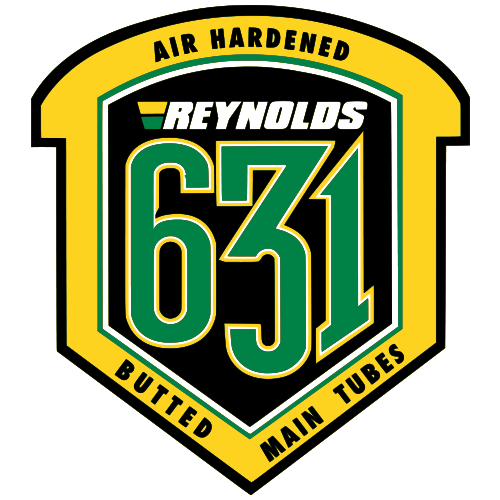
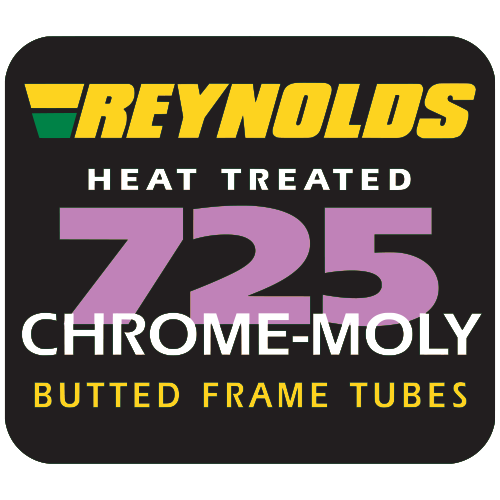
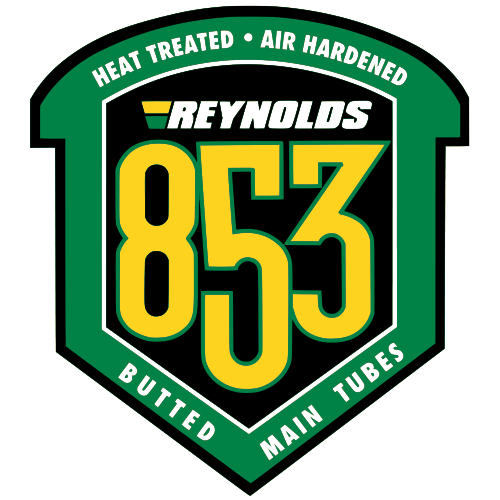
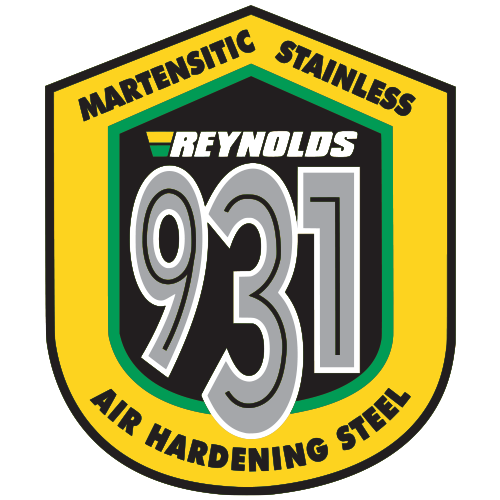
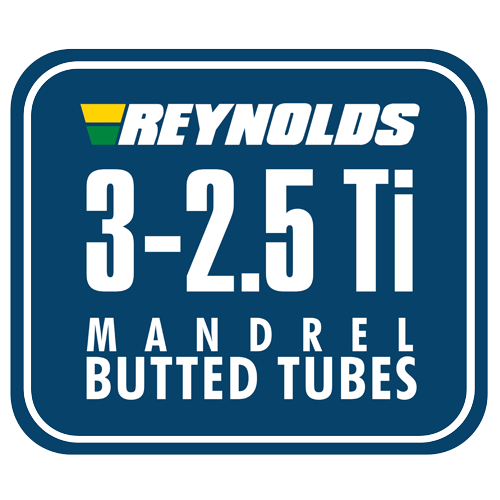
525 & 725-series
Seamless, butted chromoly steel.
Reynolds 525 and 725-series tubes are made from high-quality, seamless, chromoly alloy steel tubing. 525 is non heat-treated; 725 is heat-treated. That's the only difference. Most all 525-series tubes are also offered in 725-series, but not vice versa. Heat-treated tubes can be drawn thinner (and therefore lighter), provide more dent-resistance, and have higher fatigue strength than non heat-treated tubes. Non heat-treated tubes, however, are easier to work with. All else being equal, 525 & 725-series tubes provide the same ride quality. 525 and 725 main tubes are typically supplied to OEM manufacturers for large-volume, production steel bicycles.
631 & 853-series
Seamless, butted high-manganese steel.
Reynolds 631 and 853-series tubes are different. 631 and 853 are made from extremely high-quality, seamless, German-sourced, high-manganese (HM) alloy steel tubing. HM steel is Reynolds' specialty—the legendary 531-series tubesets of the past were also made from HM. Being HM, Reynolds' 631 & 853 are air-hardening, meaning that the heat from brazing or welding actually increases the strength of the joined tubes, unlike most other steels. 631 is non-heat treated. 853 is heat-treated. Once again, that is the only difference. All 631-series tubes are available in 853 form, but not vice versa. Because of the heat treatment, 853-series tubes can be drawn thinner and longer than 631 tubes. So, the long "Double-Zone Butted" and super thin "Pro Team" tubes are only available in 853. All else being equal, 631 and 853-series tubes provide the same ride quality, but 853 tubes are more dent-resistant and have higher fatigue strength. 631-series tubes, however, are easier to work with.
Despite their differences, 525/725 & 631/853 tubes are all weldable and brazeable to each other, as well as weldable and brazeable to both chromoly and high-carbon (mild) steels.
pesky seatstays?
It's always the seatstays...
You'll notice that Reynolds does not make 631 and 853-series seatstays. Why? For a few reasons, but mainly because of raw material availability. Reynolds purchases high-manganese tubing in common diameters and wall thicknesses. Because the alloy they use is fairly rare, however, it is not offered from their supplier in as many variations as the typical chromoly steels are. As such, Reynolds can't draw the raw material tubing down to appropriate diameters and thicknesses for seatstay manufacture. That said, even if they could produce 631/853-series seatstays, they likely wouldn't. The benefits to ride quality and durability from high-manganese seatstays over their chromoly counterparts would be neglible to begin with, and wouldn't justify doing so.
Want our advice?
For custom builders, here's what we suggest:
For a custom Reynolds frame, build with 631-series tubes and consider 853 tubes a durability upgrade (or if a particular tube is only available in 853 and lends itself to a frame's design). Once again, 631 & 853 will provide identical ride quality; these two products together are the spiritual successors to Reynolds legendary 531-series. If you're building a custom, Reynolds steel bicycle frame, that means using 631 or 853.
For seatstays, keep it simple. Pair a 631-series main triangle & chainstays to 525-series seatstays. Pair an 853 main triangle & chainstays to 725 seatstays.
(All of that said, there are certainly good reasons to mix-and-match between series. For example, many builders prefer 853-series top and down tubes, but choose 631 seat tubes because—being non heat-treated—they're easier to ream.)
What we stock
We stock what makes sense for the small, custom builder.
Our stock of the Reynolds' ferrous steels reflects all of the above. We try to keep a full compliment of 631/853-series main tubes and chainstays on hand. And then we offer a full suite of 525/725-series seatstays to suit. In some cases, there are 525/725 main tubes that don't have a 631/853 equivalent, and so we fill out our offering with those tubes.
In general, building a Reynolds frame is a little different than using other manufacturers' more specific, branded tubesets. When you build a Reynolds frame, you truly build a Reynolds frame. What you're paying a premium for isn't a specific tubeset name or sticker, but rather the metallurgical expertise and reputation of an amazing little company nearly 130-years old.
Stainless & Titanium
931: Reynolds Butted Stainless
931-series is Reynolds' current line of butted, stainless bicycle frame tubing. Made from seamless, 17/4PH stainless, 931 has the corrosion resitance of 300 series stainless steels and strengths approaching 853-series heat treated tubing.
But what about 953? Due to raw material supply issues, 953-series is currently not being made or offered by Reynolds. 953 was quite popular, but the cost of raw material has sky rocketed in recent years, making its manufacture impossible. 931 and old-stock 953 are metallurgically compatible, however, and can be welded and/or brazed to eachother without issue.
3/2.5: Reynolds Butted Titanium
And then there's titanium. Reynolds 3/2.5 titanium deserves its own write-up, but here are the basics. Reynolds ti is made from from seamless, 3/2.5 grade titanium tubing. It is cold-worked on the same machines (and using the same butting mandrels) as 853-series tubes, and as such holds tighter tolerances in regards to diameters and wall thicknesses compared to most bicycle-specific ti tubing.
6/4 ELI grade titanium from Reynolds is currently not available. If you're a titanium builder looking for technical documentation, reach out. We're happy to provide the certifications and documentations for Reynolds ti tubes.
Firsthand stocks the full line of Reynolds titanium tubing. We currently do not stock 931 tubing, but are happy to custom order tubesets.


